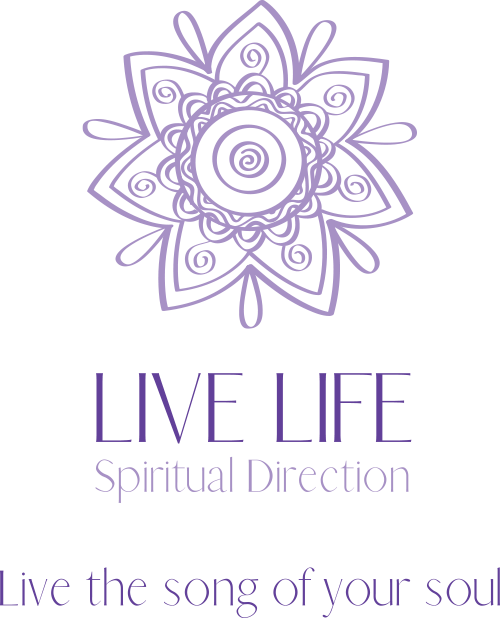Maybe you had a diary or journal as a kid. Maybe you never stopped journaling. Or maybe, you’ve never tried it. No matter your current journaling practice, I imagine that you’ll be interested to know that this simple practice has so many unexpected benefits, including alleviation of depression, reduction of stress levels, improvement in immune function, and better sleep. Are you skeptical? I was too. But let’s look into the research.
I am a big fan of the Huberman Lab Podcast with Dr. Andrew Huberman. In a recent episode, he shared a powerful journaling protocol first established by Dr. James Pennebaker, University of Texas at Austin, Professor and the Author of Opening Up by Writing It Down: How Expressive Writing Improves Health and Eases Emotional Pain.
You can certainly listen to the episode yourself, but to save you time, I’ve outlined the steps for you below.
On four consecutive days or once per week over a four-week period (or any combination of those two), journal for 15-30 minutes on your biggest trauma. I know that may sound hard. But the truth is, we need to face anything to heal it. So write about your most difficult/challenging/ugly/messy life event in the form of free writing. When writing, journal on the facts, what happened, how did it make you feel then, after, how did it affect your life, and how do you feel about it now. Note any associations and links. There is no right or wrong. Just do your best.
The goal of this exercise is to lighten our load by creating a more cohesive narrative around our past. These discombobulated and incoherent narratives are thought to reside in our nervous systems, and our ignoring of this reality causes much unnecessary suffering and ill effects somewhat like ignoring a viral or bacterial infection and continuing to live life as if we are well. So often, this leaves our energies depleted and our immune system over-taxed.
I have been journaling for years, but this particular practice has really moved the needle on my healing.
Be brave. Lean in. Trust the process.
This protocol is another way to support yourself and release the energy of trauma into the energy of your life! The world needs you on the path of passion and possibility, sharing your unique gift and offering. If you want more clarity and details about this incredible protocol, listen to the episode, Huberman Lab Podcast: Journaling Protocol to Improve Mental and Physical Health.
Are you still skeptical or wary of journaling about your trauma?
Here are some common roadblocks and beliefs that keep many from journaling.
- “I don’t want someone to find it and read it.” I get it. I don’t want someone reading my journal either. If you don’t feel your journal is safe, consider locking it in a portable safe like this one. Or write on any piece of paper and burn or shred your writing when your done.
- “I don’t understand how it will help.” I’m not sure we need to understand “the why”. Instead, let’s look at the research. In one study, Pennebaker recorded visits to the student medical center over the course of a few months as an indicator of overall health. He found that the students who had written about traumatic events visited the center less often that those who were asked to write about more trivial life experiences.
- “I don’t like to write.” You don’t need to write. You can just speak instead. In another study, Dr. Pennebaker asked volunteers to talk about their traumatic experiences while it was being recorded instead of writing them down. He measured muscle tension, hand temperature, heart rate, and blood pressure, which are all indicators of stress and arousal levels. When the test subjects started to talk about their traumatic experiences, as expected, stress and arousal levels were elevated. But as they continued to speak, the stress and arousal levels dropped considerably to well below where they had been before the study. Even six weeks after the study, blood pressure levels remained lower than before the study. The take away – remembering painful things can be painful, but once we speak or write about them, they lessen their grip on us.
Are you ready to give it a try? I’d love to hear how this works for you. I’m also available to debrief your experience through an initial free consultation or spiritual coaching session. I want you to live the song of your soul, don’t you?
Article sources: Huberman Lab Podcast: Journaling Protocol to Improve Mental and Physical Health (aired November 20, 2023) & Why Woo-Woo Works by David R. Hamilton Ph.D.



